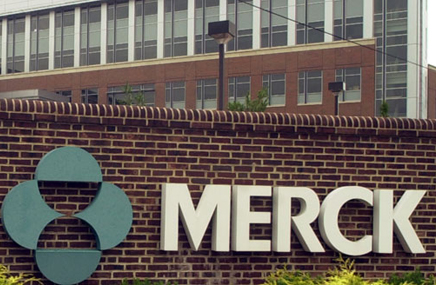Merck upped the HPV vaccination race Thursday, filing the biologics license application for its nine-valent Human Papillomavirus vaccine.
The drugmaker currently manufacturers Gardasil, which protects against four types of HPV, a virus that causes just about every form of cervical cancer and is known to cause oropharyngeal cancer, which is cancer that affects the soft palate, tongue and tonsils. GlaxoSmithKline also makes an HPV vaccine, but it protects against fewer versions of the virus.
Although the R&D emphasis on all forms of cancer, particularly the recent push in immuno-oncology treatments, could make a vaccine that prevents cancer seem like a welcome achievement, recent research from the Centers for Disease Control and Prevention indicates that the prevention-over-cure angle is not resonating with parents, a key demographic, because pre-teens are the target vaccination audience.
Among the CDC’s findings: vaccination rates among girls are around 33%, far below a goal of 80%. While these figures reflect US rates, studies show common misconceptions about the vaccine keep parents from vaccinating girls across geographies: mainly, the assumption that vaccination will lead to unchecked sexual activity. These same studies have shown that vaccination has not increased sexual activity among vaccinated girls.
The vaccination rate among boys is lower, but rising: the Advisory Committee on Immunization Practices recommended making the vaccine a routine part of boys’ healthcare in 2011.







